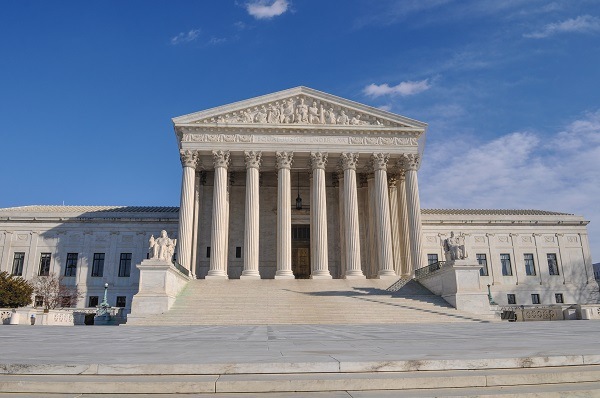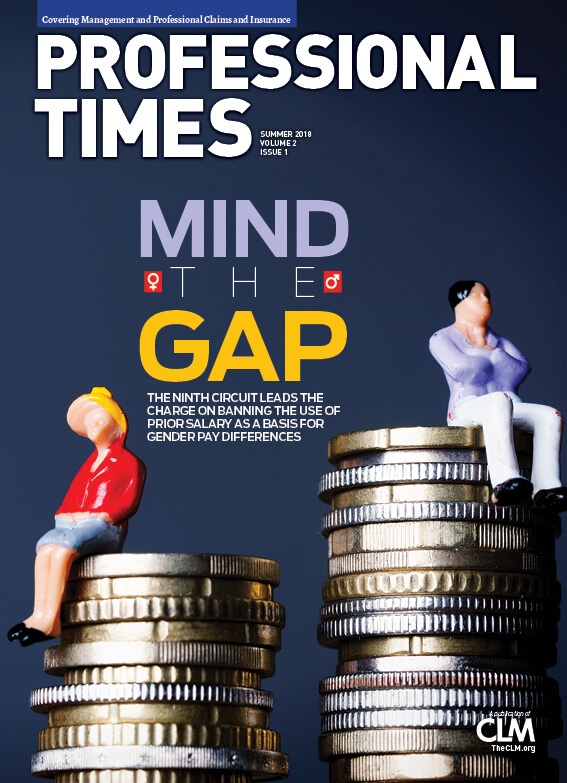On November 3, 2020, California voters passed the long-awaited Proposition 22 (text available here), which exempts online-based transportation businesses from having to re-classify transportation drivers as employees under California Assembly Bill 5 (“AB 5”) (see our previous blogs regarding AB 5 here). Therefore, these drivers will be exempt from the requirements of the California Labor Code, the Unemployment Insurance Code, and the Industrial Welfare Commission’s Wage Orders. Although Proposition 22 permits hiring entities to continue classifying their drivers as independent contractors, they will be subject to certain conditions, including the following:
- The drivers must be provided with an option to accept or reject each delivery request (without being required by the hiring entity to accept any specific delivery requests); and
- The drivers must be provided certain benefits typical of an employment relationship, such as minimum wage, reimbursement for automobile expenses, and healthcare subsidies.
Companies will not be required to provide drivers with overtime premiums, meal and rest periods, unemployment insurance, or paid sick days. Furthermore, although the minimum wage provided under Proposition 22 is calculated at a rate of 120% of the local minimum wage, it applies only to time spent between accepting a ride or delivery request and the completion of that request. (California employees, by contrast, are usually entitled to time spent waiting for an assignment if they are subject to employer control.) Similarly, the reimbursement for automobile expenses is limited to mileage incurred during these periods of time. Therefore, drivers would not be paid for time or expenses incurred while waiting for a ride or delivery request or if a ride or delivery is not completed (e.g., through cancellation by either the customer or the driver).
Although Proposition 22 would exempt certain categories of online platform-based and application-based businesses from having to classify their drivers as employees, other businesses should keep in mind that Proposition 22 is unlikely to provide their specific businesses with relief from AB 5, unless they are able to replicate these online-based platforms and overall methodology for which Uber, Lyft, Postmates, and other similar entities provide “on-demand” transportation and/or delivery services. Also it remains to be seen whether Proposition 22 itself will be subject to legal challenges, including whether federal law would pre-empt it. For these reasons, companies who utilize independent contractors in California should continue to evaluate the viability of that classification.
Given the numerous twists and turns this issue has taken in just the past few months, this story is far from over.





